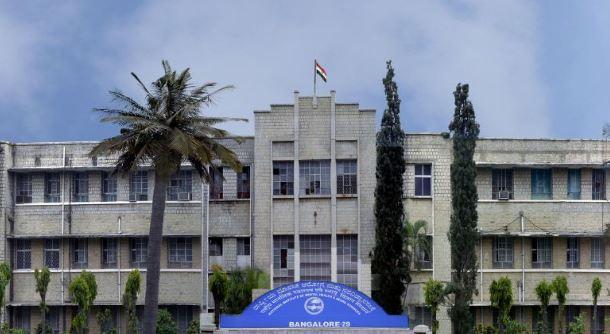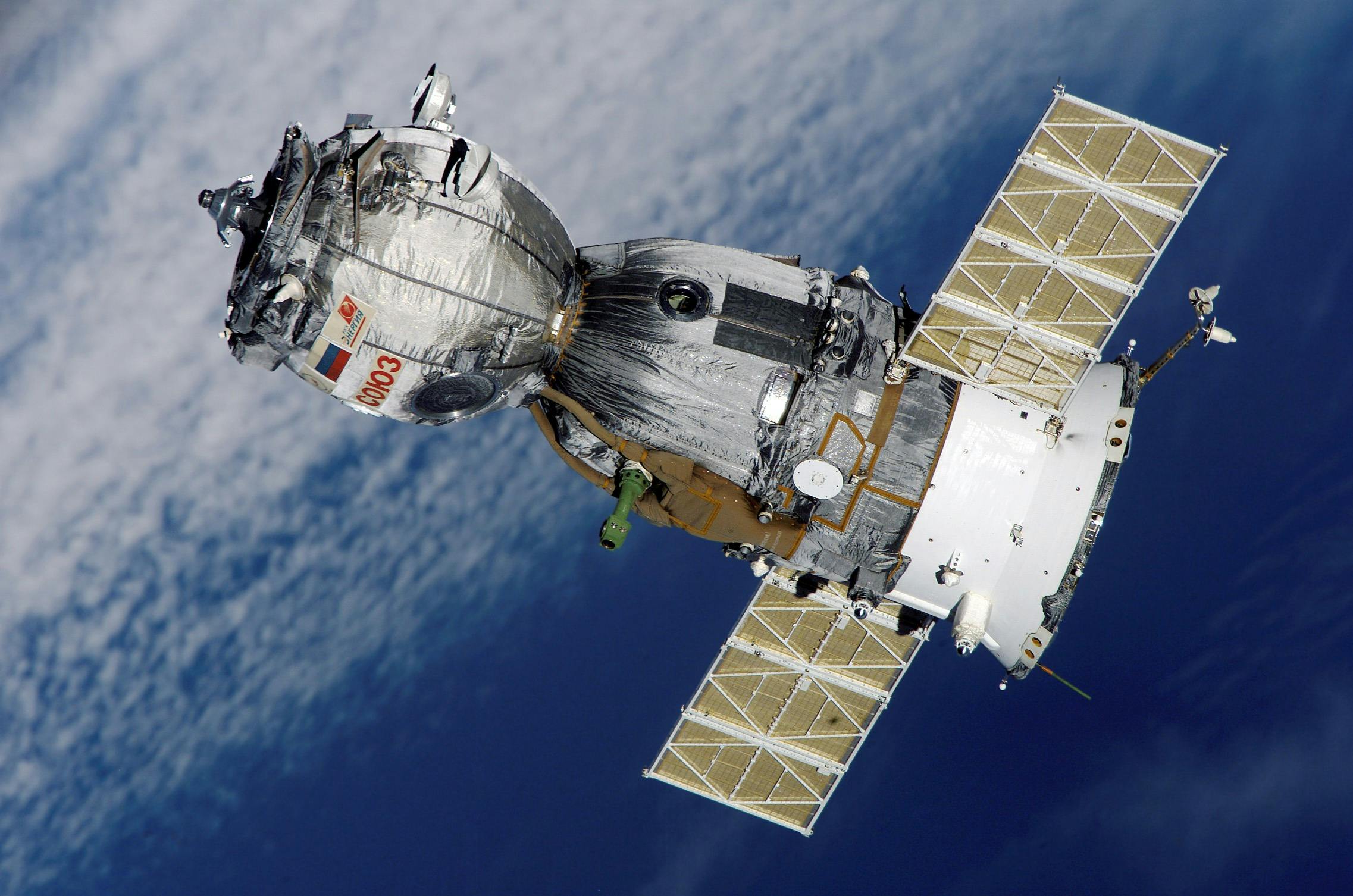Organ Donation in India

Background:
- Organ donation involves the voluntary transfer of healthy organs and tissues from one person (donor) to another (recipient) needing transplantation.
- The Transplantation of Human Organs and Tissues Act, 1994, regulates organ donation and transplantation in India.
- The act prohibits the commercial trading of organs, mandates brain death certification, and defines the criteria for donors and recipients. It also regulates the transplantation of human organs for therapeutic purposes and to prevent commercial dealings in human organs.
Linkage:
- Over 300,000 patients are on the waiting list for organ donations in India. The supply of organ donors has not kept up with the increasing demand. Approximately 20 individuals die daily while awaiting organ transplants due to the shortage.
- From 6,916 donors in 2014, the count increased to about 16,041 in 2022, indicating a modest rise. India’s deceased organ donation rate has remained consistently below one donor per million population for a decade.
- Kidney transplantation in India faces a significant disparity between demand and supply. Annual demand for 200,000 kidney transplants is met with only around 10,000 transplants each year, creating a substantial gap.
- Disparities in organ donation rates exist among different states in India. Telangana, Tamil Nadu, Karnataka, Gujarat, and Maharashtra have reported the highest number of deceased organ donors.
Current News:
- Recently, the critical shortage of organ donations, particularly deceased donations, has led to a dire situation in India, with thousands of patients waiting for transplants and a significant number losing their lives daily.
- The Ministry of Health and Family Welfare has earlier modified National Organ Transplantation Guidelines, allowing those above 65 years of age to receive an organ for transplantation from deceased donors.
Impact:
- Lack of Awareness and Education:
- Limited public understanding of organ donation’s significance.
- Medical professionals often lack education on identifying donors and counselling families.
- Family Consent and Decision-Making:
- Families are hesitant to consent, even if the deceased expressed willingness.
- Emotional dilemmas influence families’ decisions on donation.
- Organ Trafficking and Black Market:
- Illegal organ trafficking exploits demand, undermining legal processes.
- Black market activities pose ethical and legal concerns.
- Infrastructure and Logistics:
- Inadequate facilities for organ preservation and transportation.
- Challenges in timely organ transportation between regions.








